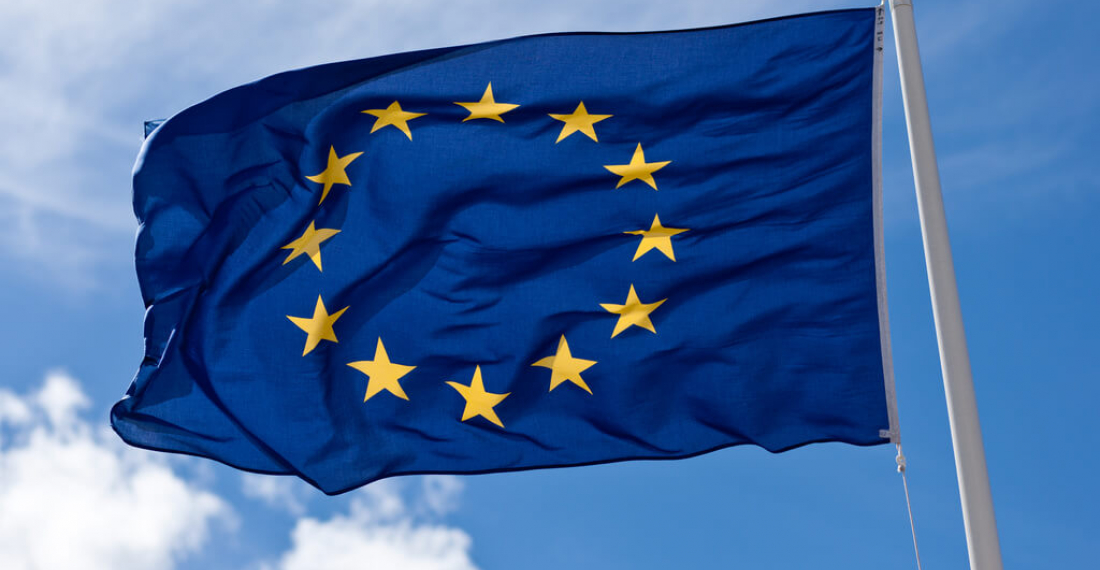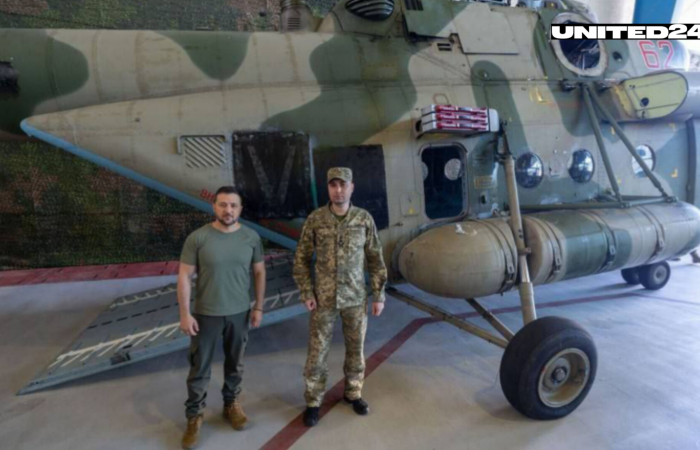Uzbekistan and the European Union (EU) started on Monday (8 February) the seventh round of virtual talks on an Enhanced Partnership and Cooperation Agreement (EPCA) in the framework of a working group on trade issues. The new agreement is intended to replace the current Partnership and Cooperation Agreement, which has been in force since 1999.
The Embassy of Uzbekistan in Belgium writes that the event will be chaired by Deputy Minister of Investment and Foreign Trade of Uzbekistan Badriddin Abidov and Acting Head of the Southern Neighbours, Middle East, Turkey, Russia and Central Asia Division of the European Commission's Directorate-General for Trade Timo Hammaren.
The negotiations, which will be concluded on 12 February, will also be joined by representatives of different ministries and departments of Uzbekistan and the European Union institutions. The parties will discuss the sections of the draft of the agreement devoted to trading issues within five days.
Negotiations on the new agreement started in February 2019, the sixth round took place in September 2020, also in an online format.
News
Uzbekistan and the EU hold seventh round of talks on new EPCA agreement






